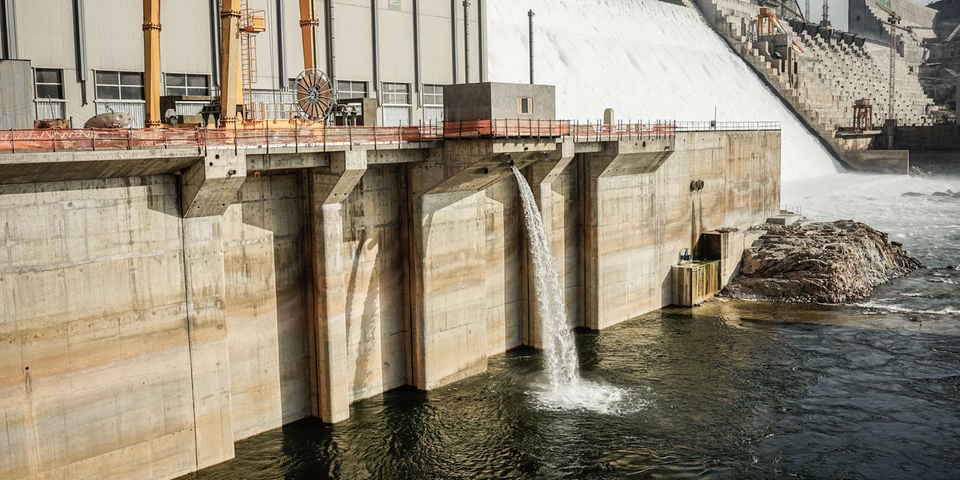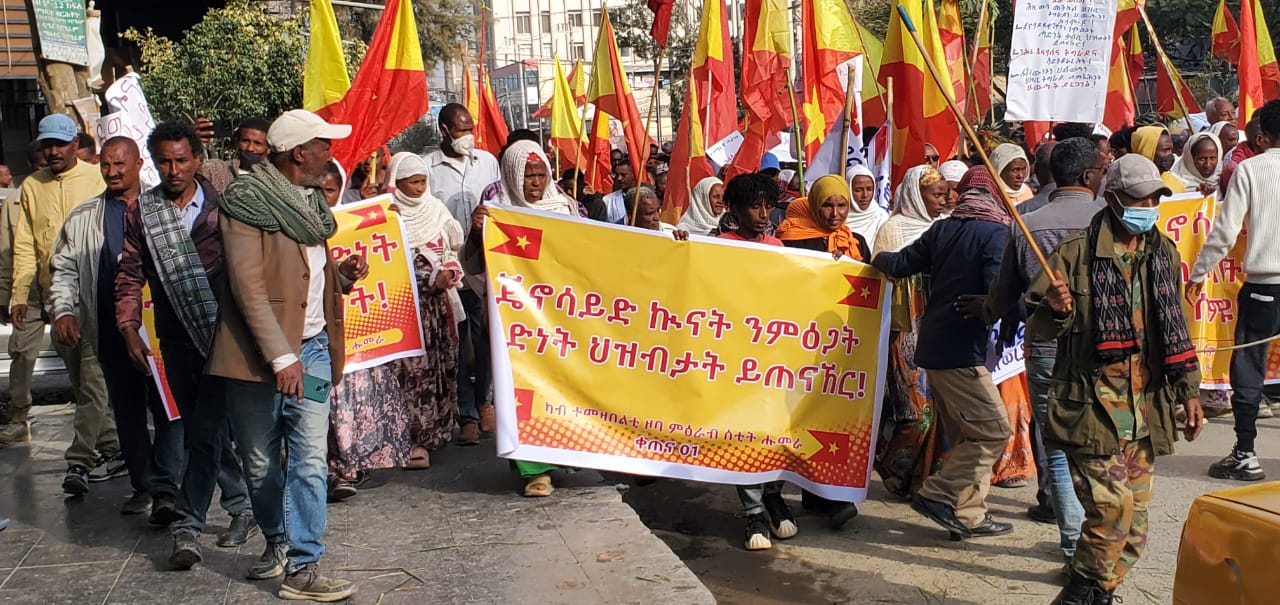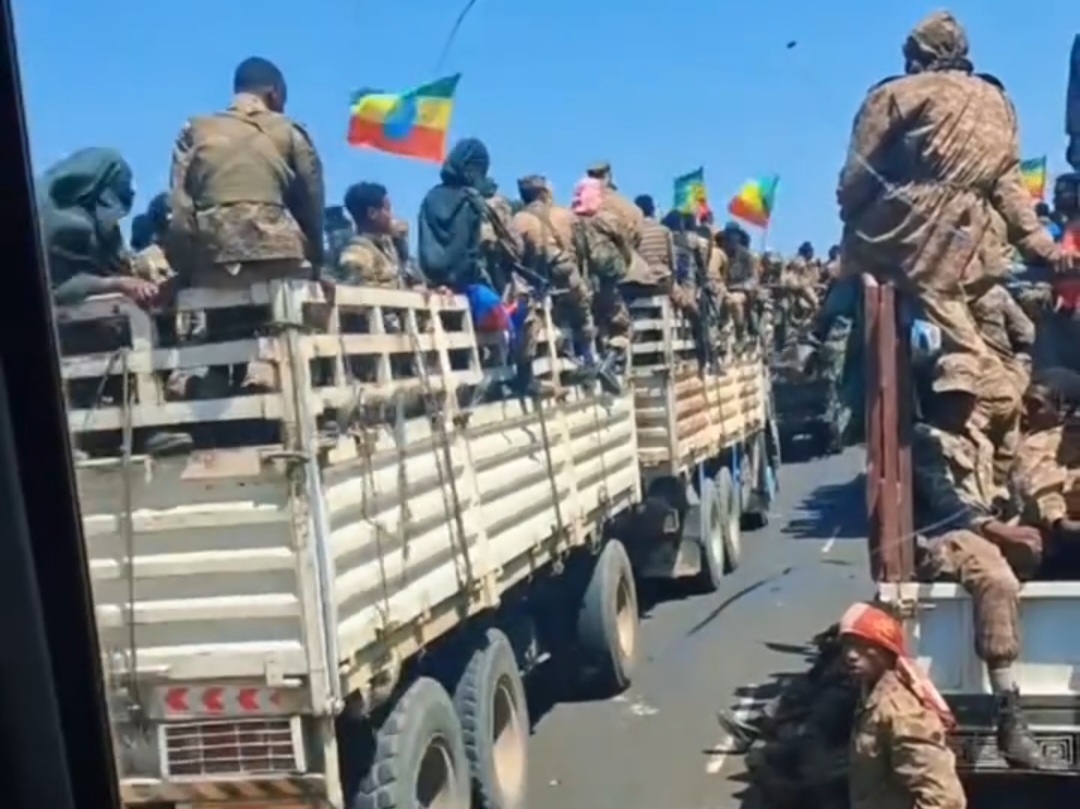BY TESFA-ALEM TEKKE
What you need to know:
- The African Union has been facilitating the trilateral negotiations among Ethiopia, Sudan, and Egypt to resolve the remaining outstanding issues, guided by the maxim, “African Solutions to African Problems”
The Ethiopia government has accused the Arab League States of “politicising” the issue of the country’s mega-dam project, which is being built on the main tributary of River Nile near the Sudanese border.
Addis Ababa’s reaction comes one day after the 22-member League passed a resolution last Thursday regarding the filling and operation of the Grand Ethiopian Renaissance Dam (GERD).
The Council of Arab Foreign Ministers meeting held on Thursday under the presidency of Cairo passed a new resolution supporting Egypt’s historic water rights from the Nile River resources.
Disturbed by the League’s latest resolution, Ethiopia said the management and utilisation of Nile River, including the filling and operation of the GERD, must be left to the concerned parties in Africa.
Addis Ababa further accused the Arab League of meddling in African matters.
“We should not have to remind the League that the Nile river and all the riparian countries are found in Africa,” the Ethiopian Ministry of Foreign Affairs said in a statement issued last Friday.
It also accused the League of being biased on its position over the long-standing dispute on GERD between Ethiopia and the downstream countries, Sudan and Egypt.
“The League is once again serving as the spokesperson of one state, disregarding basic principles of international law.”
“Such attempts to politicise the issue of GERD neither advance friendly relations nor support the efforts to arrive at amicable solutions, as they are not based on facts or supported by law,” the statement added.
Furthermore, the Ethiopia statement stressed that the Arab League’s characterisation of the negotiations between the trios regarding the dam was “incorrect”, as “the African Union is facilitating tripartite negotiations to solve the remaining outstanding issues and was guided by the principles of the African solutions to African problems”.
The African Union has been facilitating the trilateral negotiations among Ethiopia, Sudan, and Egypt to resolve the remaining outstanding issues, guided by the maxim, “African Solutions to African Problems”
The Foreign ministry indicated that Ethiopia has been committed to the AU-led negotiations, but accused Cairo of being the dragging factor to resolve the long feud on Nile Dam.
“The fact is that Egypt with its obdurate stance to maintain a colonial era-based self-claimed water allocation and its unending attempts to internationalise the matter is the reason for the delay of the negotiation.
“The League’s resolutions and statements by Egypt call into question whether Egypt has been engaged in good faith in the negotiations under the AU’s auspices,” it added.
During Thursday’s meeting in Cairo, Egyptian Foreign Minister, Sameh Shoukry, told the Arab foreign ministers that “The continuation of Ethiopia’s unilateral practices can potentially carry a grave danger for Egypt, which suffers from water scarcity”.
Despite Egyptian concerns and repeated warnings, Ethiopia, however, vow to continue filling the massive multi-billion dollar dam, which would be Africa’s largest once completed.
“The Government of Ethiopia continues to fill and operate the GERD in accordance with the Agreement on the Declaration of Principles of March 2015 signed between Ethiopia, Egypt, and Sudan, with full respect to the principle of equitable and reasonable utilisation of transboundary water resources,” the Ethiopian statement concluded.
Ethiopia, Sudan and Egypt have been locked in talks for about a decade over the dam, after Addis Ababa broke ground on the project in 2011.
Cairo and Khartoum fear that the mega-dam project would eventually diminish their historic water shares from the Nile River hence consider the Ethiopian dam as a threat to their water security.
They insist Ethiopia halts water filling operations until the parties reach on a legally binding agreement with Ethiopia on the overall operation of the dam.
Addis Ababa, however, argues the dam will not have a significant impact on the natural water flow into the downstream countries.
(Source: The Monitor)



